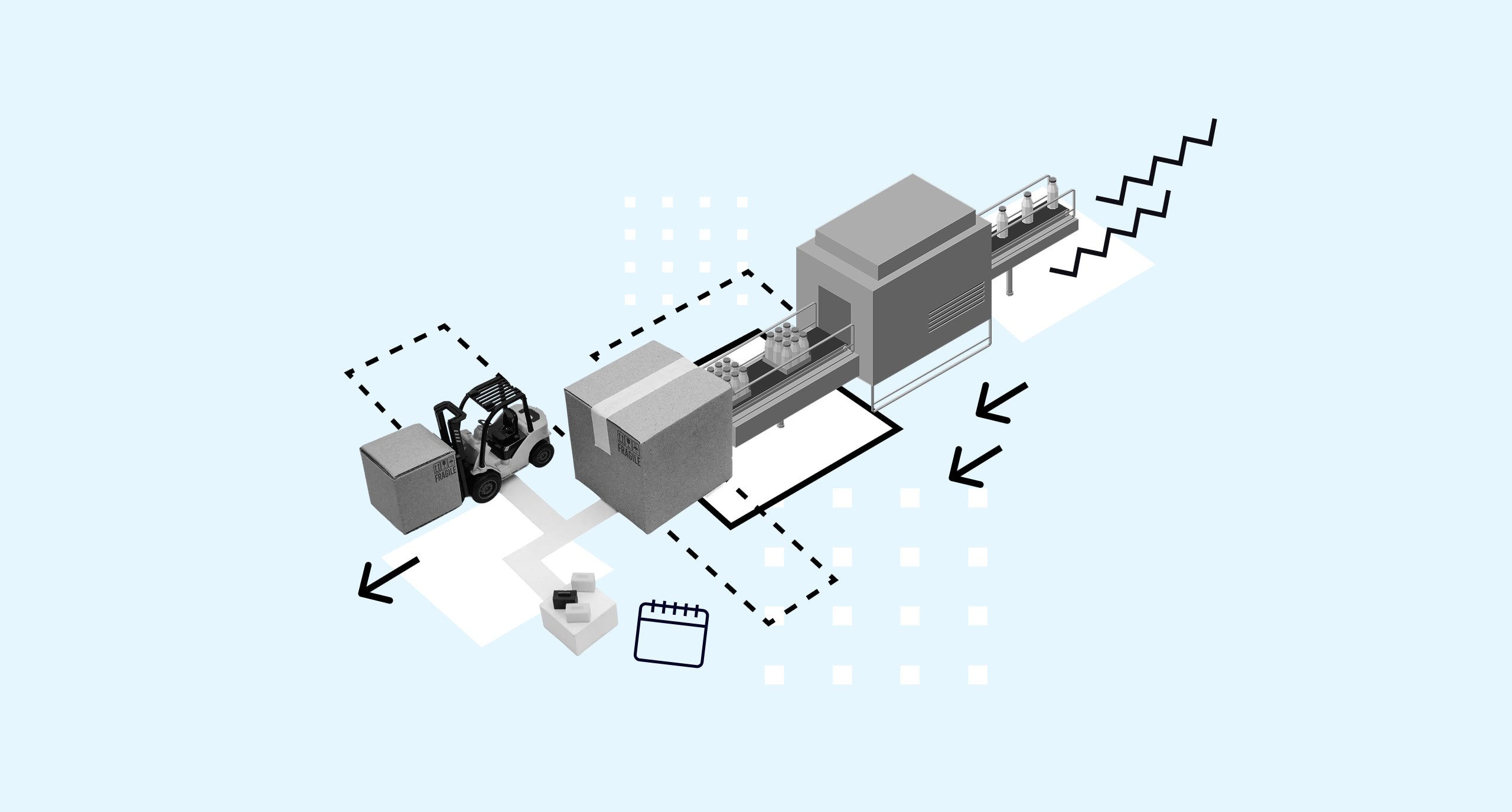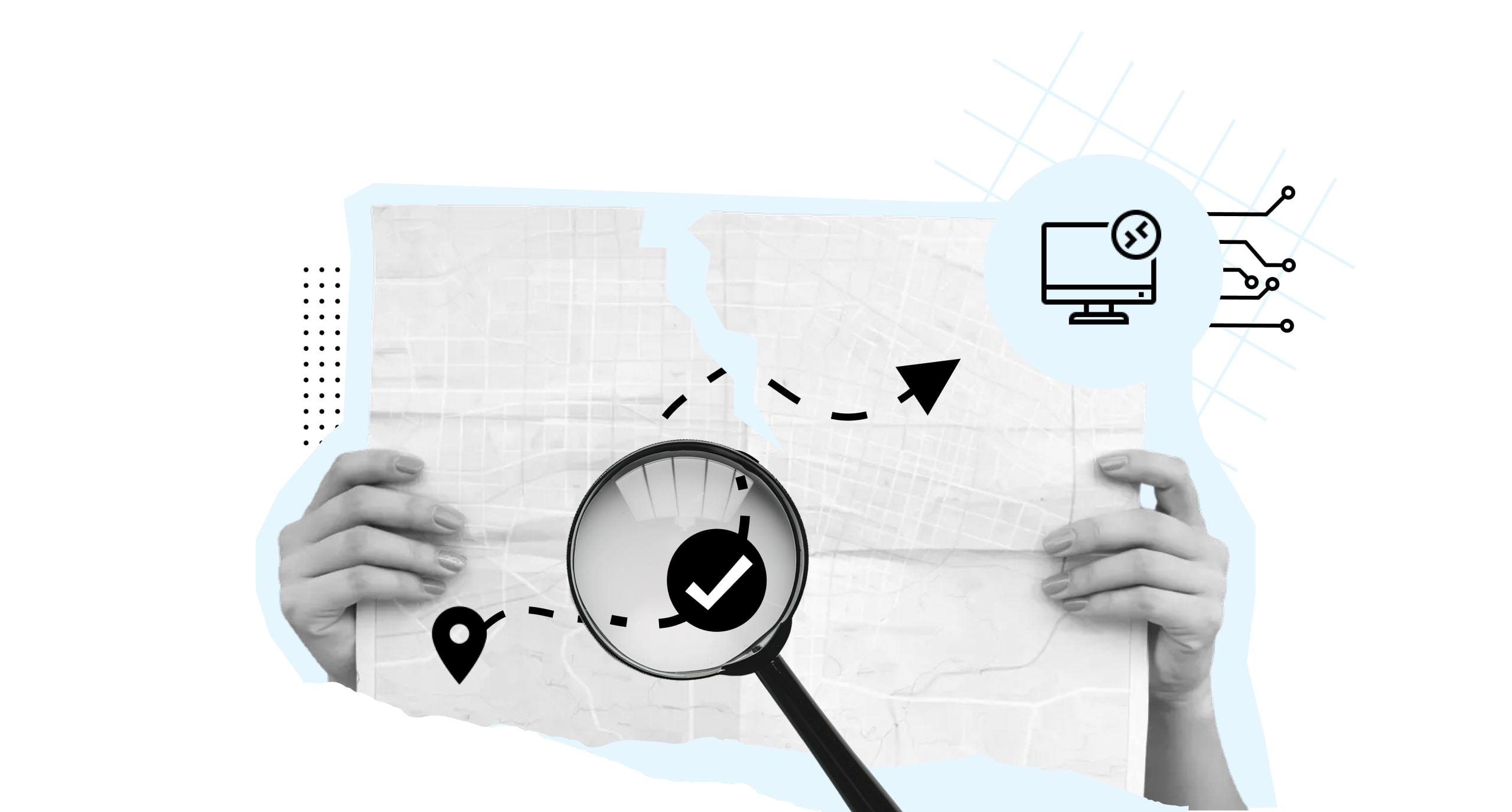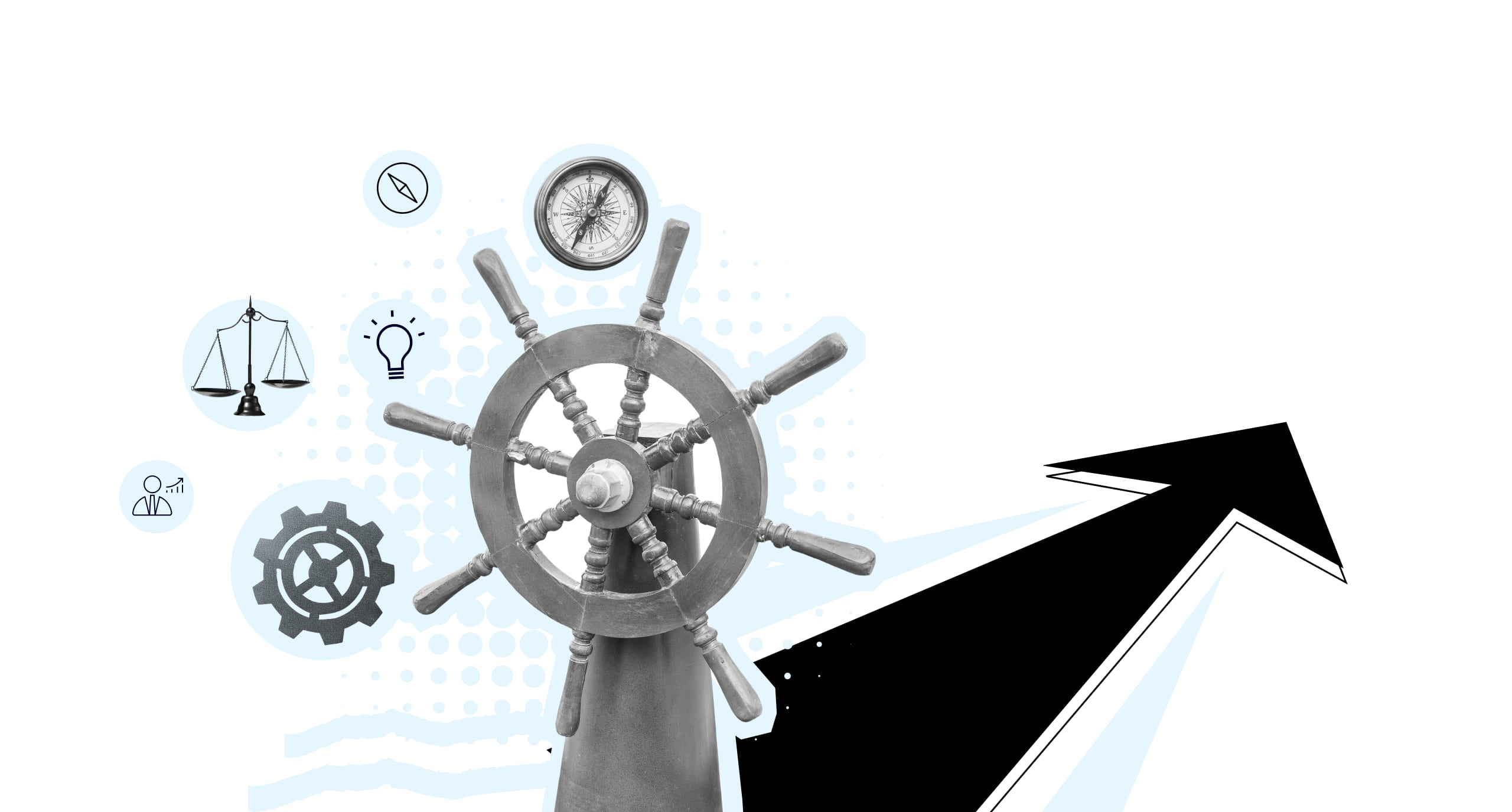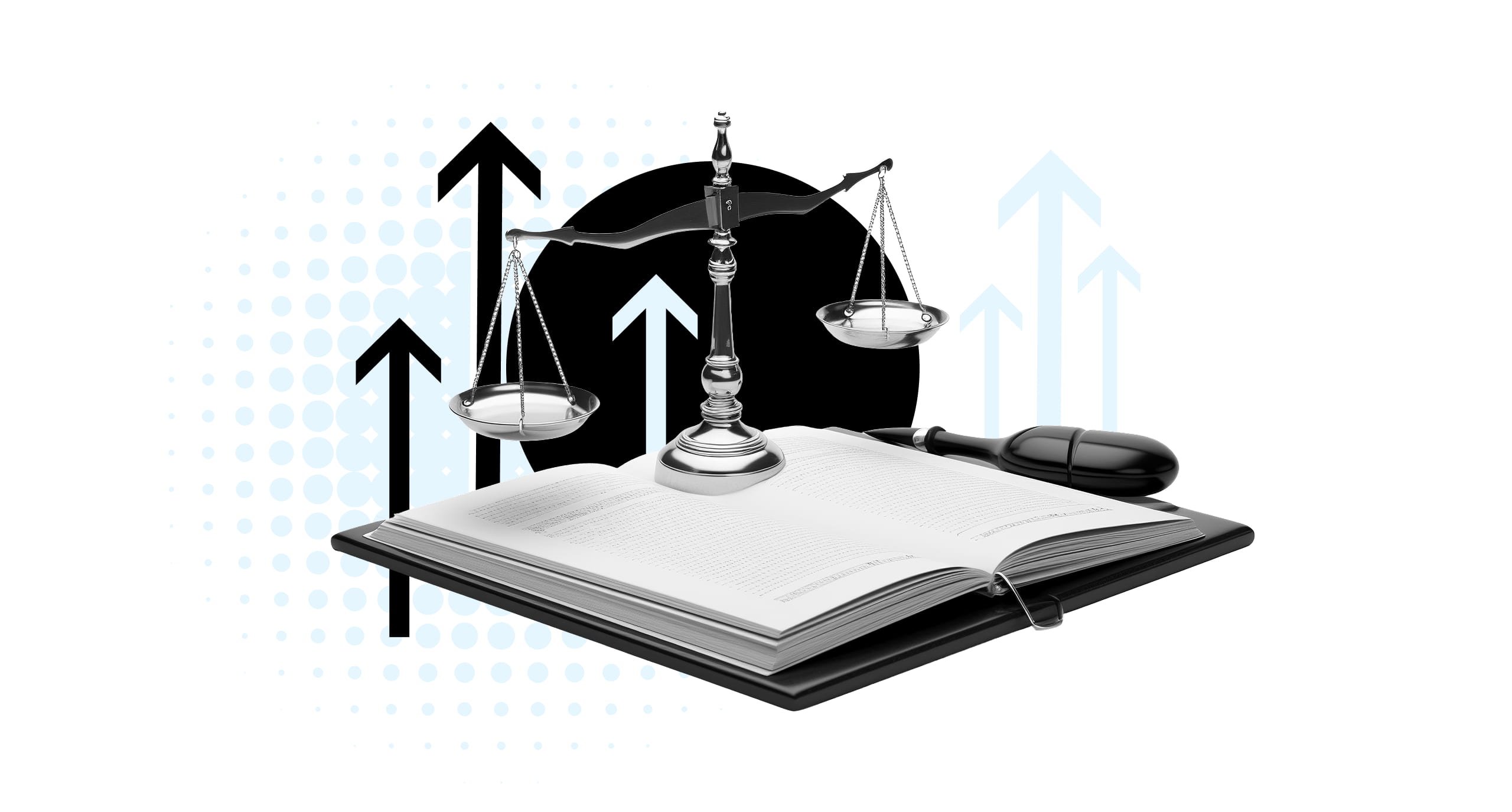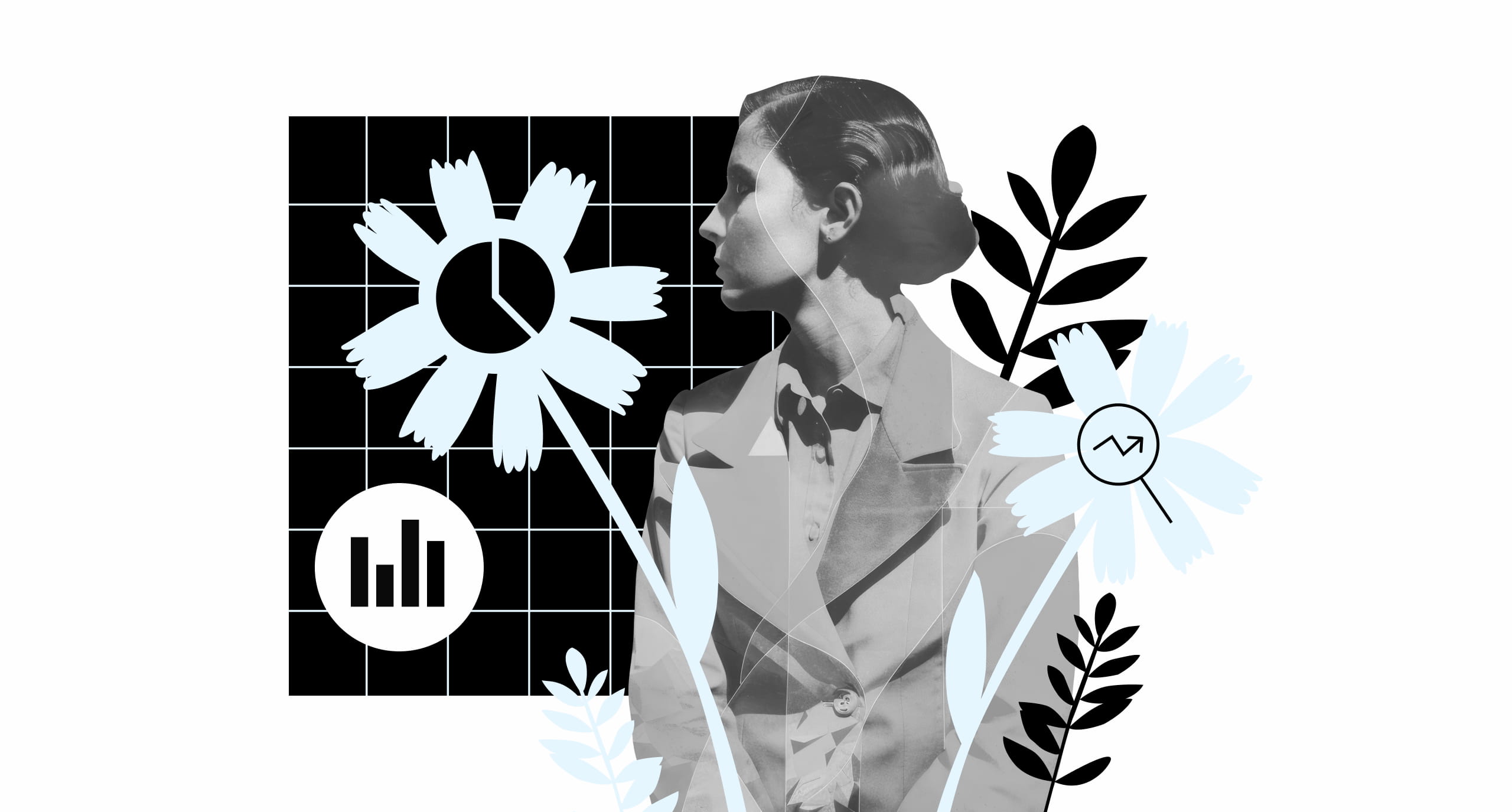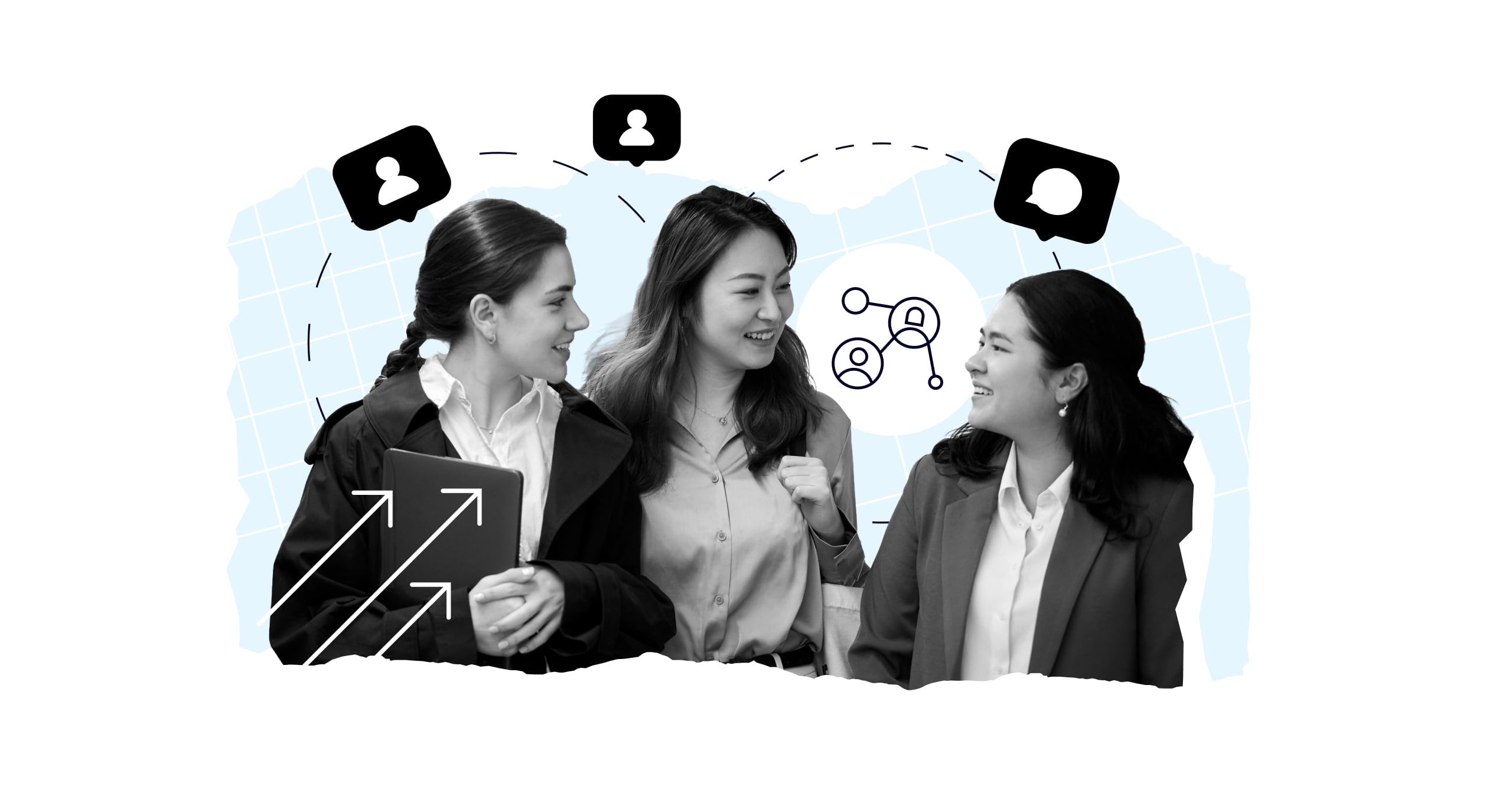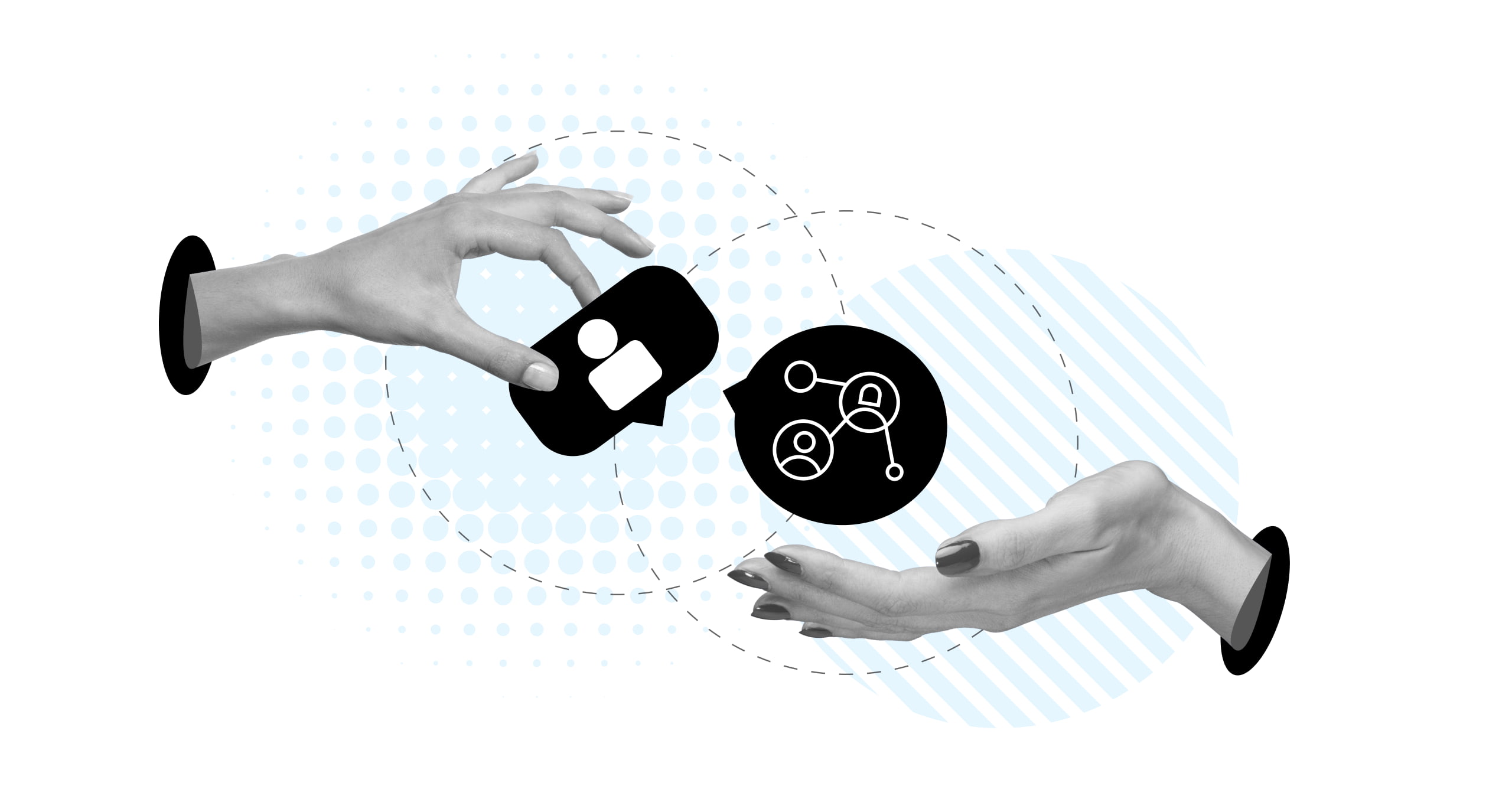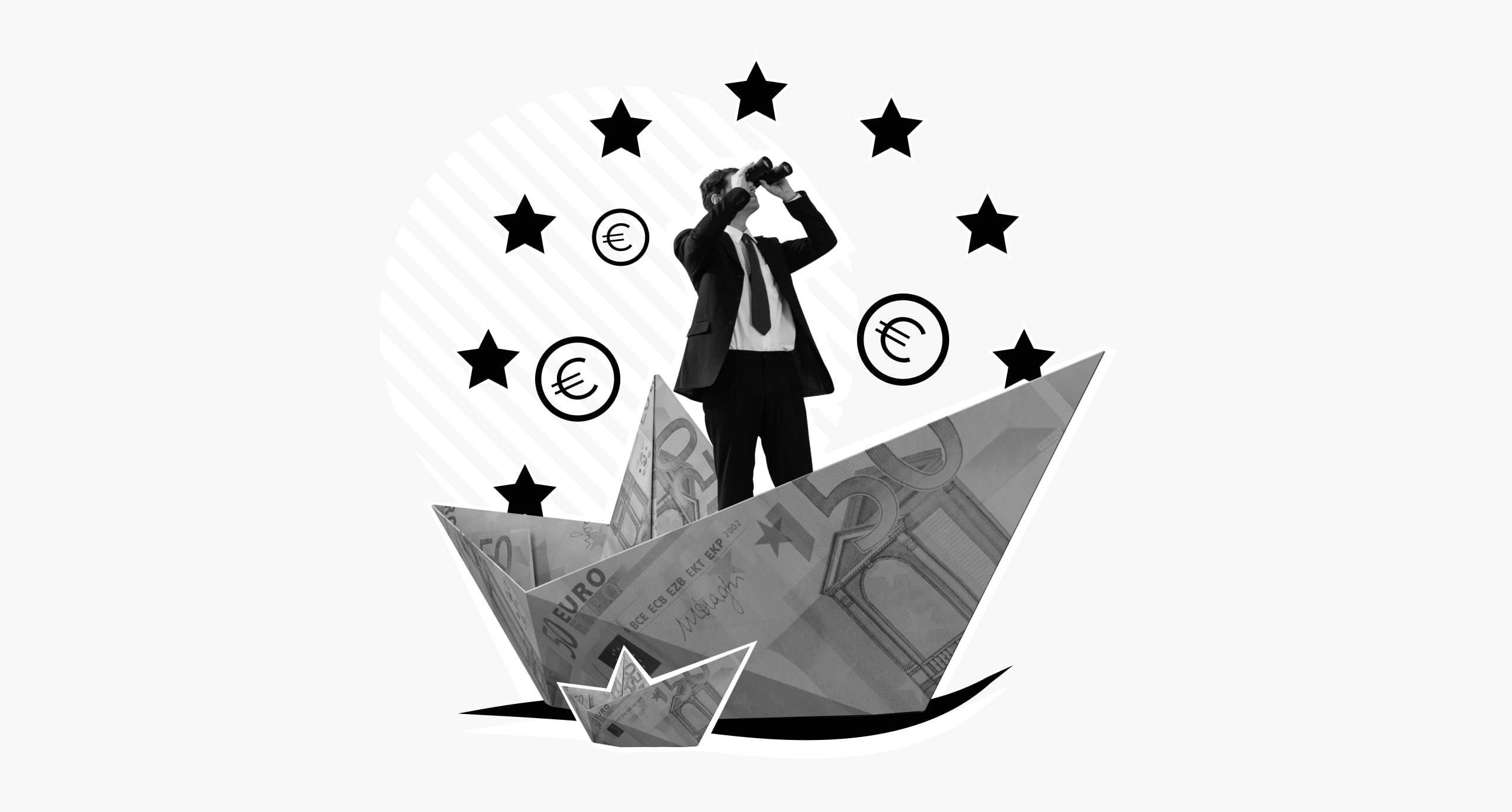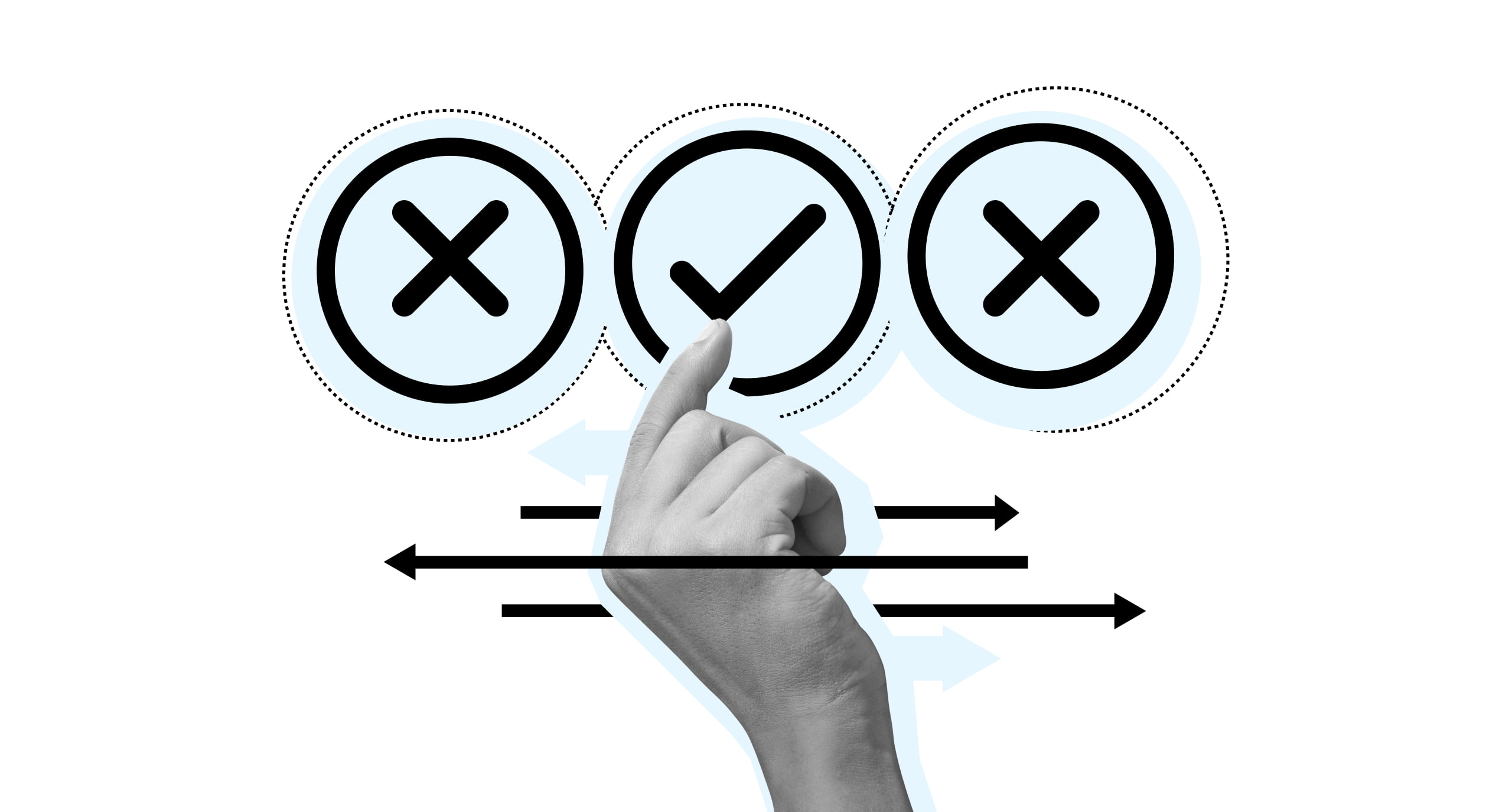IE Business School’s Master in Talent Development & Human Resources marks its end with the Final Corporate Project. This capstone challenge is an opportunity for students to put their learning into practice with a real-world consulting experience.
This year, we’re zooming in on a unique collaboration with Schreiber Foods led by Daniel Laya, an IE Business School professor and the project’s academic mentor. The mission? To transform how the company delivers learning experiences across its international workforce—focusing on AI-powered tools.
Let’s dive in.
From the client’s perspective
Pablo Feo, Global Learning & Development coordinator at Schreiber Foods, asked students to research, design and propose talent development solutions leveraging AI tools that could align with Schreiber’s values, enhance training and improve user engagement. From the outset, Pablo was impressed by the students’ enthusiasm. “Conveying culture and values from one company to another is always a challenge,” said Pablo. “But the students incorporated all the knowledge transferred about Schreiber Foods to their project. They showed exemplary flexibility for feedback or any adjustments in the contents to be covered. We would highlight their professional mindset; truly amazed by their capacity to ask accurate purposeful questions and design thinking.”
Pablo referenced the “AI Dictionary” as a standout solution. It provided prompts and guidance tailored to different types of AI engine, making AI tools more accessible for everyday content creation. “This solution was innovative because it aimed to simplify the process, making everything more accessible and user-friendly.”
In fact, several of the students’ proposals are already being considered for integration into Schreiber Foods’ operations, particularly in training.
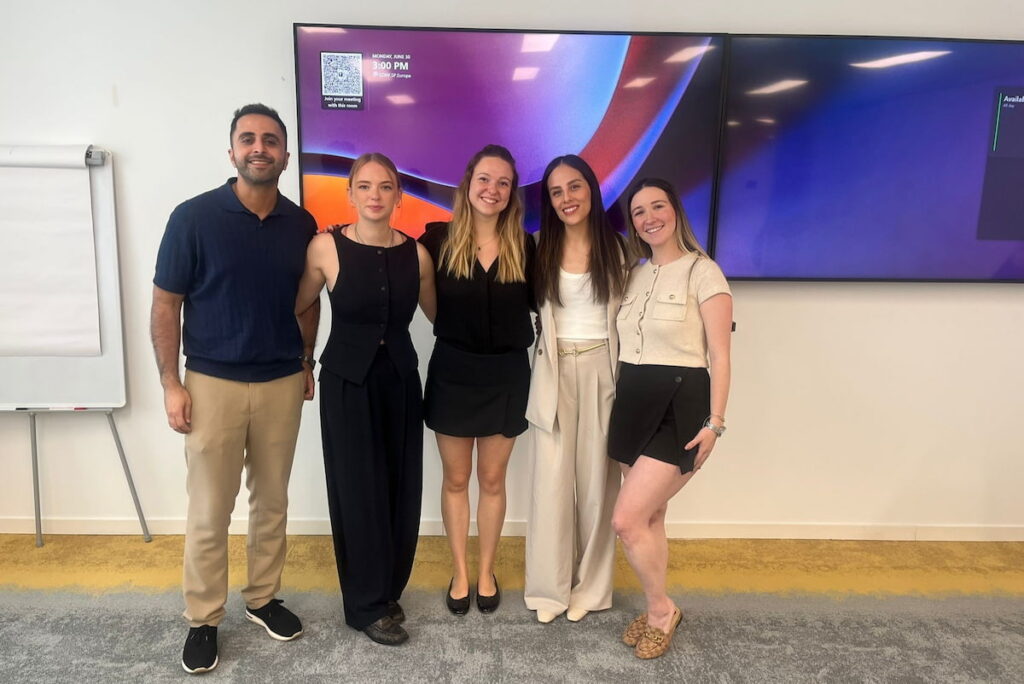
“We valued the research for discovering AI-enabled LMS solutions that gamify the learning experience for creating content. Simplicity is one of our core values. Students really conveyed the importance of user experience and accessibility in AI tools, which led us to reconsider how we design and implement solutions.”
Tina Payan, Schreiber’s Global Head of Learning & Talent Development, was also impressed by the students’ commitment to the work in their final presentations. “The content and format of their deck was excellent. They showed flexibility, power and presence, team collaboration, the ability to deliver the message and an agile mindset.”
From the students’ perspective
For the group working on Schreiber’s brief, the Final Corporate Project was a rewarding, collaborative journey. “Working together was an incredibly enriching and emotional journey,” said the group, comprised of Laura Boenheim, Laura Karp, Abdullah Aldosary, Elisabeth Moralis and Paulina de la Vega. “Our core challenge became identifying and operationalizing AI–powered content-creation tools that could reduce build time, personalize learning and scale to a multilingual workforce.”
Their approach combined strategic thinking with hands-on experimentation. With input from faculty advisors and thought leaders, they split the work into two core tracks: selecting a scalable, AI-enabled LMS and building a self-service “AI Dictionary” with 30+ tools and prompts. “The combined output—LMS shortlist, AI Dictionary and prompt guide—gives Schreiber both a strategic platform path and an immediate, low-cost way to create courses today,” said the group. The dictionary, initially conceived as a supporting resource, became the most valued deliverable: “The client’s enthusiastic reaction was even better than we anticipated.”
The project reinforced the importance of clarity, communication and stakeholder alignment.
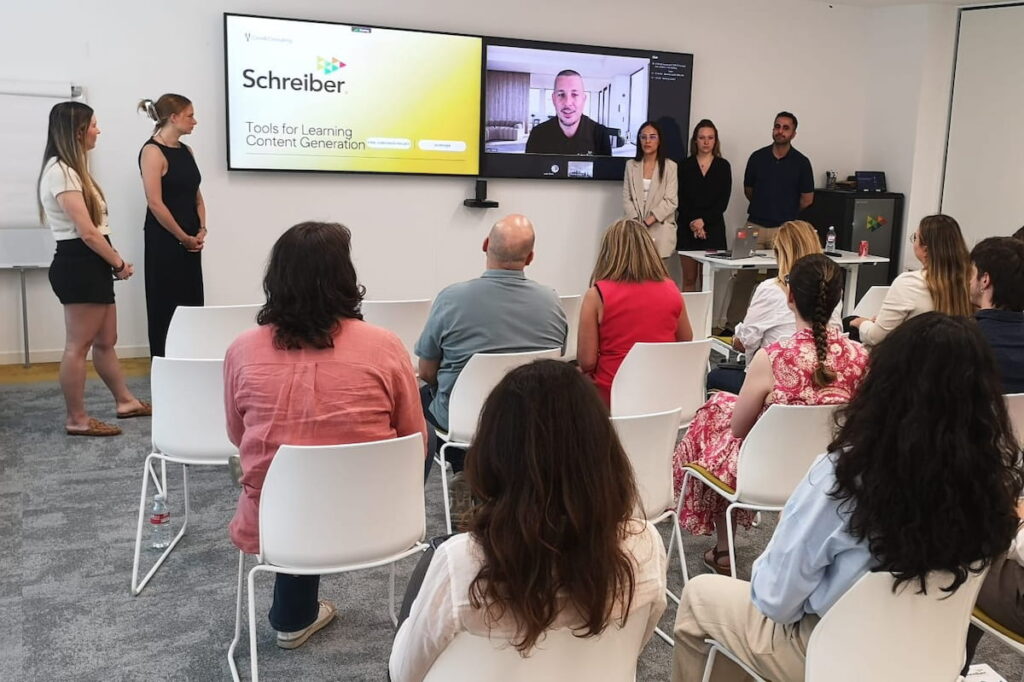
Of course, the process wasn’t without its challenges. An early meeting that didn’t land well prompted the team to reframe their narrative visually and succinctly—an adjustment that made a real impact. “Storytelling and stakeholder management outweigh technical perfection,” the group said. The experience also reinforced which tools were indispensable: ChatGPT, Canva and NotebookLM helped streamline both the research and design phases.
Study the Master in Talent Development
Projects like these are at the heart of IE Business School’s Master in Talent Development & Human Resources. The program combines strategic insight, people-centric leadership, and cutting-edge tech to prepare graduates for a fast-changing HR landscape. With real client collaborations every term, hit the ground running for careers after graduation. And with a curriculum covering AI learning systems, diversity and well-being, students will keep humans central in ongoing business transformation.
So, are you ready to transform your HR career? Find out more about the Master in Talent Development & Human Resources via the link below. Whether you aim to lead change, embed tech in talent strategies or design more human workplaces, this is the program for you.
Be part of the Final Corporate Project with IE Business School
Level up your future with the Master in Talent Development & Human Resources.

Benjamin is the editor of Uncover IE. His writing is featured in the LAMDA Verse and Prose Anthology Vol. 19, The Primer and Moonflake Press. Benjamin provided translation for “FalseStuff: La Muerte de las Musas”, winner of Best Theatre Show at the Max Awards 2024.
Benjamin was shortlisted for the Bristol Old Vic Open Sessions 2016 and the Alpine Fellowship Writing Prize 2023.

